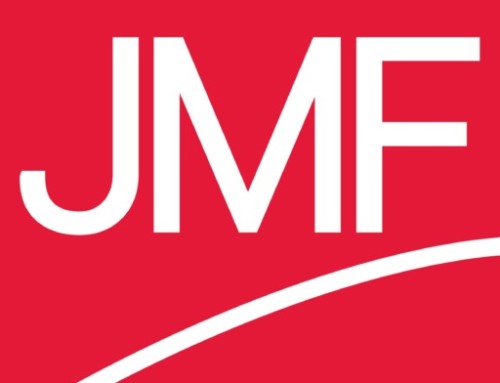We recently did a podcast with Andrew Hudson, President of Pritchett-Moore, where we discussed a lot of construction/contractor-specific insurance and bonding needs. As part of that discussion, Andrew provided the following information to help new contractors understand the needs that bonding sureties will require from them.
Financial Information:
- CPA Audit or Reviewed statements done on a percentage-of-completion basis; sometimes Compilation statements will work initially
- Statements are accompanied by Work-in-Progress schedules, Statement of Cash Flows, and Notes to the financials, which are customary items in a quality CPA-prepared statement
- The financial information should be reviewed and prepared by an accountant well-versed in construction accounting.
- The Contractor should also have the internal ability to do interim statements on a quarterly or biannual basis.
Additional Information:
- Bank letter evidencing the Contractor’s good-standing with their bank and, if applicable, any existing lines of credit (which we highly encourage contractors obtaining before they need them)
- Owner Personal Financial Statements
- Resumes and applicable job experience on Owners and Key Employees
Best Case Scenario:
- Three years financial statements and work-in-progress schedules evidencing a strong track record on the work pursued and the building up of a capital base in support of that work
- Working Capital and Net Worth positions that support their work on hand and the projects they are considering/pursuing – their overall backlog
- Rough % cases are particular to type (i.e. GC – WC of 5% of total work program and NW of 10% of total work program as rough benchmark, trade percentages we look to be higher)
There are occasionally unique circumstances where these ideal situations aren’t feasible, and that is where a strong relationship with your Surety Underwriter helps. For example, a start-up subcontractor or general contractor company with only their opening Balance Sheet, or a company that has never needed bonds before and has only tax returns, will be need to work with that surety to meet their underwriting needs.







Leave A Comment
You must be logged in to post a comment.